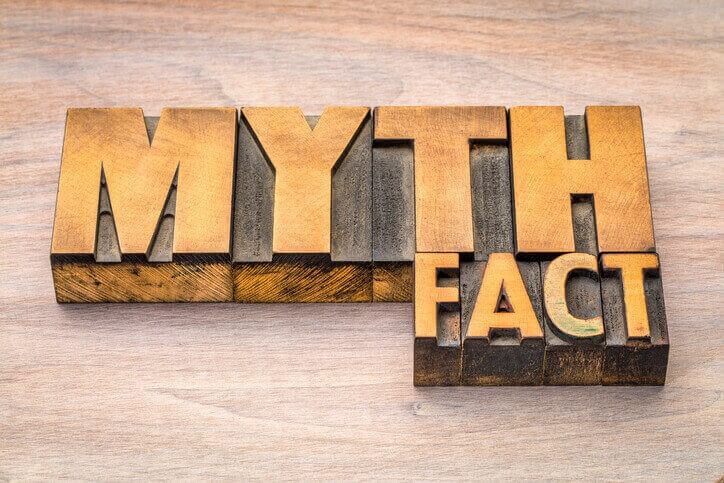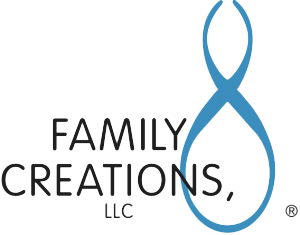Where do you start with understanding all the information out there about egg donation and all that comes along with it? There is so much information available, it can be hard to decipher what is the truth and what is a wee bit bogus.
Myth Vs. Fact

Myth: Egg donors are older woman.
Fact: In general, egg donors are on the younger side. Our donors are typically between the ages of 20 and 29 of all ethnicities and religious backgrounds.
Myth: Egg donation will complicate my fertility if I want to have my own child in the future.
Fact: Egg donation is a very safe and common procedure performed daily. There are no significant health complications related to egg donation. In fact, the medications used in egg donation are very similar to the hormones that are naturally released by your body. We have health professionals who assess each situation and inform donors of any potential side effects that may occur.
Myth: Egg donors are only interested for financial reason.
Fact: It is true that egg donors are generously compensated for their services. However, this also includes important commitments, including time, as well as other screenings that an egg donor needs to adhere to. Our egg donors have a real desire to help women dealing with infertility to be able to create a family. That goes beyond anything money can buy. It is true emotional satisfaction that our donors receive.
Myth: I won’t have any eggs left if I become an egg donor.
Fact: Scientifically speaking, women are born with one to two million eggs in their ovaries. It is true that they won’t make any more eggs in their lifetime. Through the years, a majority of the eggs will die naturally. A typical egg donation cycle will retrieve 10 to 20 eggs. Women remain just as fertile after they donate their eggs.
We hope that some of the common misconceptions were cleared up. We are here to give hope to those struggling with infertility by making the process a little easier for you.
